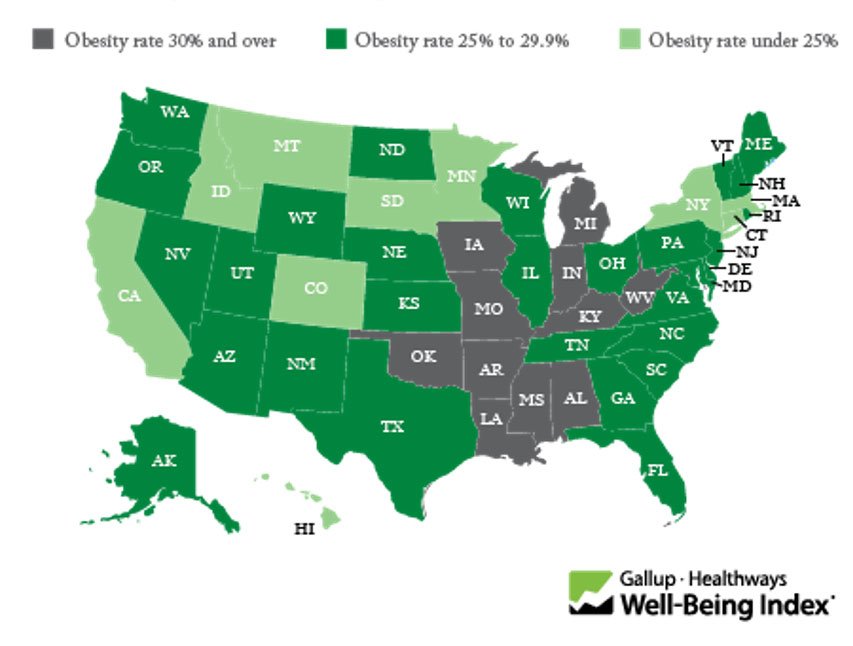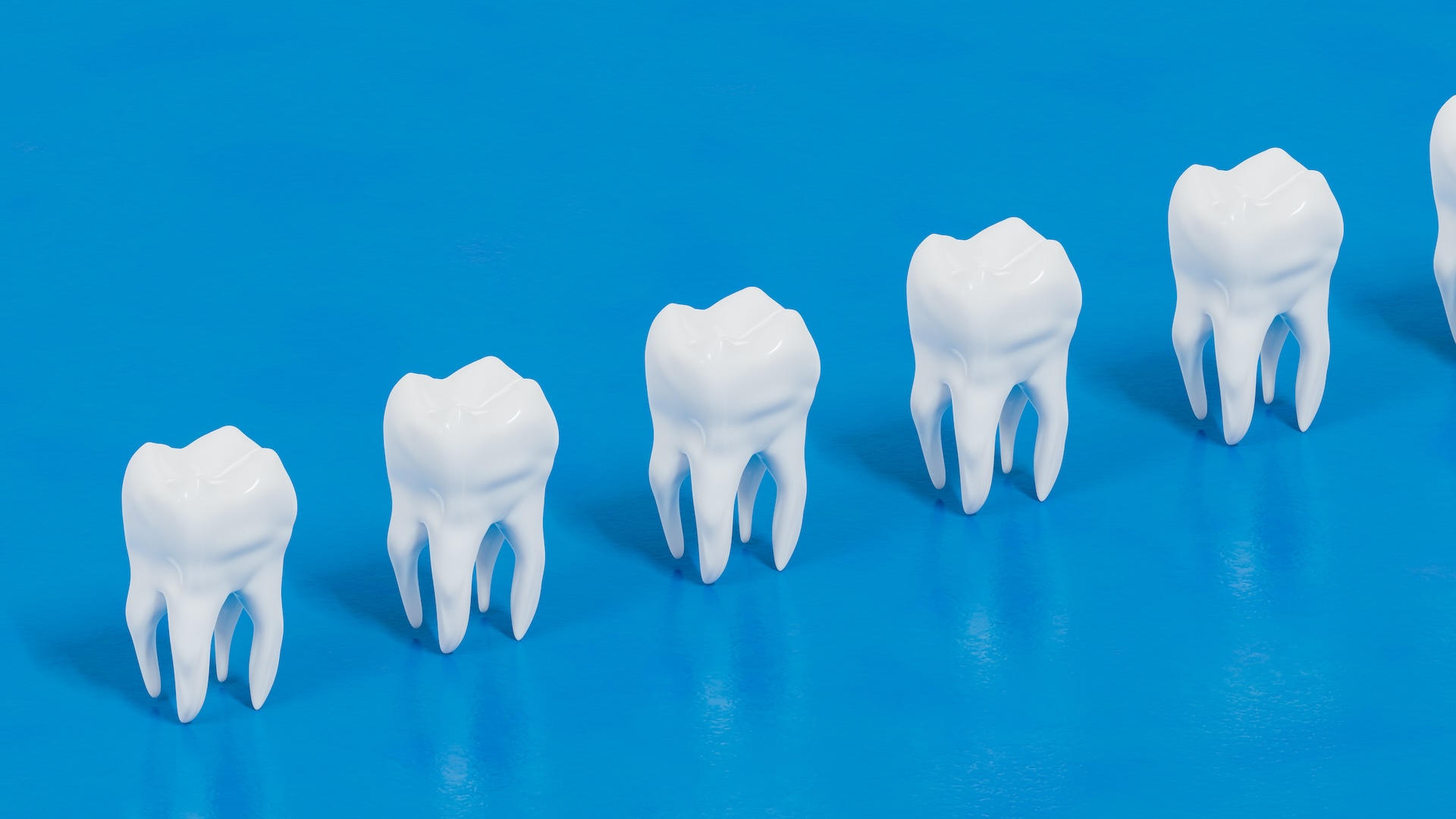Hawaii Named Skinniest State

Hawaii is reclaiming the title of the nation's least obese state, after previously ranking behind several other states, while Mississippi remains the most obese state, according to a new poll from Gallup-Healthways.
The new rankings show that in 2014, Hawaii had an obesity rate of 19 percent, making it the only state where the obesity rate is under 20 percent. This is the first time since 2009 that Hawaii ranked as the nation's least obese state. In 2013, Montana had the nation's lowest obesity rate, and Hawaii came in ninth.
Another state with a consistently low obesity rate is Colorado; it has ranked among the top two least obese states every year since 2008, Gallup said. In 2014, Colorado's obesity rate was 20.3 percent, placing it second, just behind Hawaii.
On the other hand, the obesity rate in Mississippi was 35.2 percent, making it the nation's most obese state for two years in a row, according to Gallup. West Virginia had the second highest obesity rate, also for the second year in a row, at 34.3 percent. [Most and Least Obese States: See Full Rankings]
Just one state, Tennessee, had a meaningful decrease in its obesity rate between 2013 and 2014, falling from 31.3 percent to 28.4 percent, according to the Gallup poll. In contrast, four states — Nevada, New Mexico, Alabama and Minnesota — all had increases in their obesity rates from 2013 to 2014, Gallup said.
Overall, the nation's obesity rate is also on the rise, increasing from 27.1 percent in 2013 to 27.7 percent in 2014.
The results are based on interviews with more than 176,000 U.S. adults who reported their own heights and weights. Researchers used the data to calculate people's body mass index (an indicator of body fatness). People with a BMI of 30 or more are considered obese.
Sign up for the Live Science daily newsletter now
Get the world’s most fascinating discoveries delivered straight to your inbox.
Previously, Gallup has found that people in the states with the highest obesity rates are less likely to exercise and are more likely to have a chronic disease, such as high blood pressure or diabetes.
Earlier surveys have also found a link between obesity and a person's overall well-being. That is, states with the lowest obesity rates tend to score higher on measures of well-being than states with higher obesity rates, Gallup said.
Those findings suggest that it may take more than diet and exercise to reduce obesity rates. If a person is struggling in other areas of well-being — for example, if they lack supportive relationships or are suffering financially — it may be more difficult for them to purchase healthy food or take the steps needed to lose weight, Gallup said. For this reason, obesity interventions should also address other areas of well-being, Gallup said.
Because the new poll is based on people's own reports of their heights and weights, the results may underestimate obesity rates by state. A 2014 study that used doctor's measurements of people's heights and weights to estimate state obesity rates found that most states had obesity rates of 30 percent or higher, and a few states had rates over 40 percent.
The new poll has a margin of error or 1 to 2 percentage points for most states, although in states with smaller populations, including Hawaii, the margin of error was as high as 4 percentage points, according to Gallup.
Follow Rachael Rettner @Rachael Rettner. Follow Live Science @livescience, Facebook & Google+. Original article on Live Science.

Rachael is a Live Science contributor, and was a former channel editor and senior writer for Live Science between 2010 and 2022. She has a master's degree in journalism from New York University's Science, Health and Environmental Reporting Program. She also holds a B.S. in molecular biology and an M.S. in biology from the University of California, San Diego. Her work has appeared in Scienceline, The Washington Post and Scientific American.










